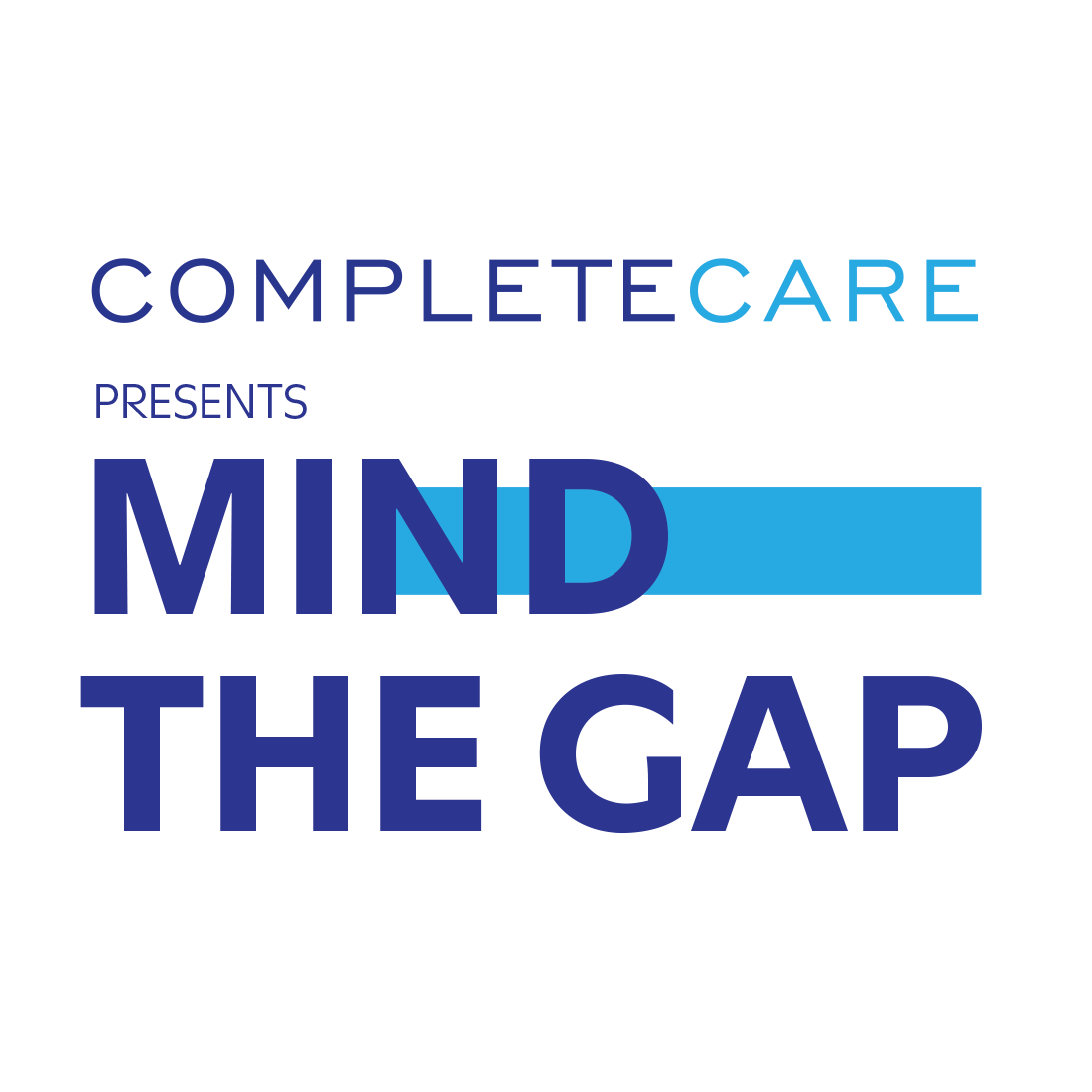This event has occurred.
MIND THE GAP: Best Practices in Health Care Collaboration
Tuesday, November 01, 2022, 8am - 5pm
Bell Works, Holmdel, NJ
Proudly Sponsored By
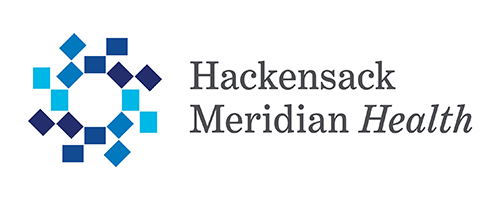
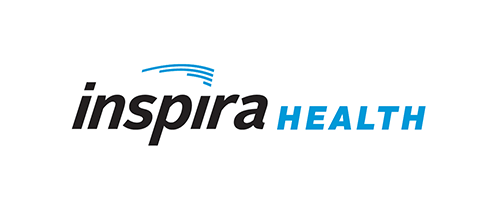
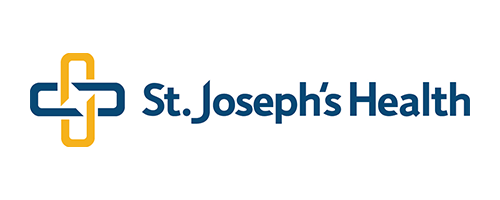
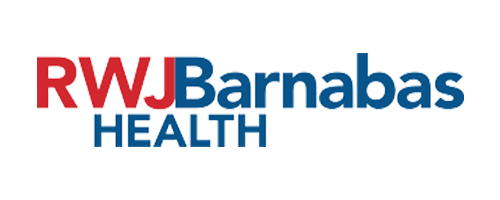
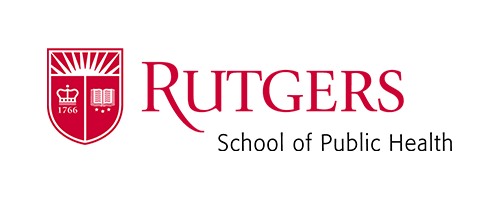
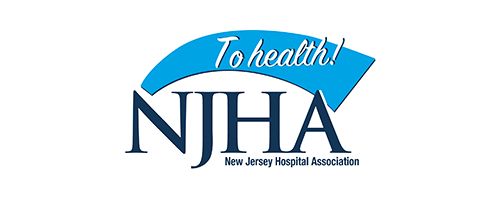
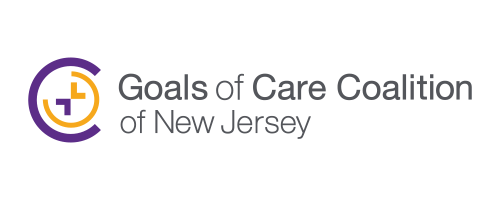
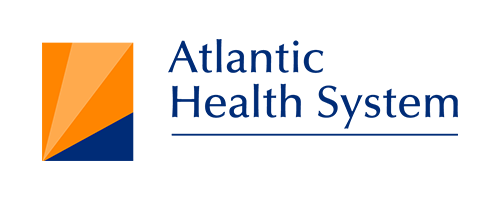
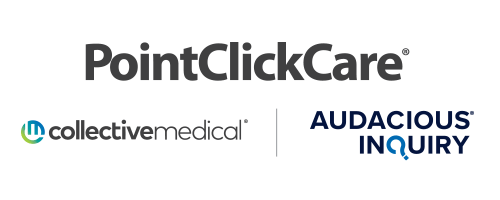
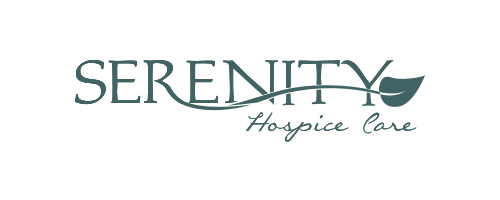
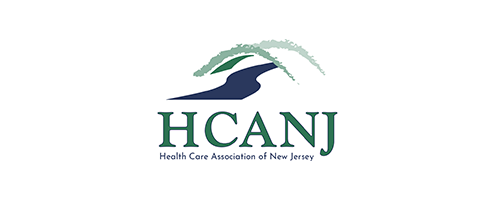


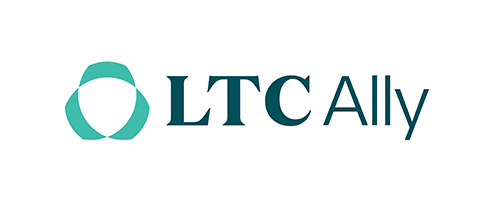
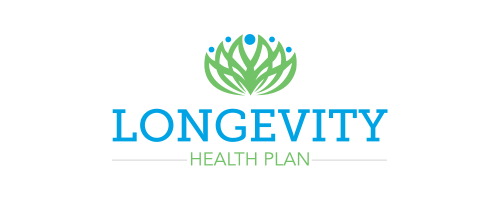
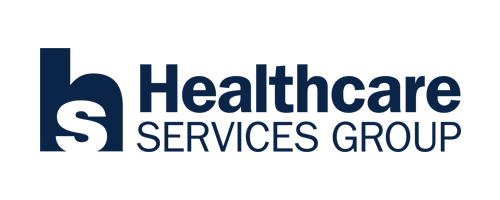
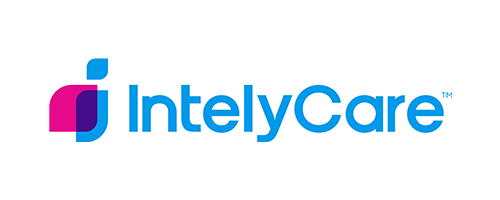

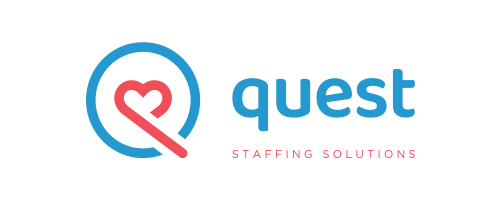


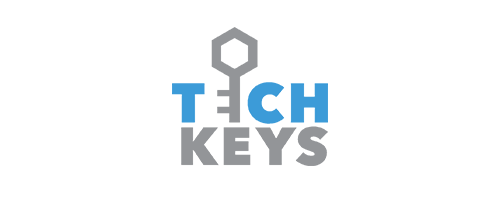

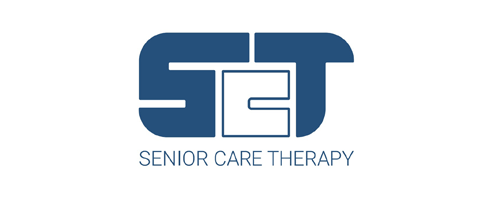
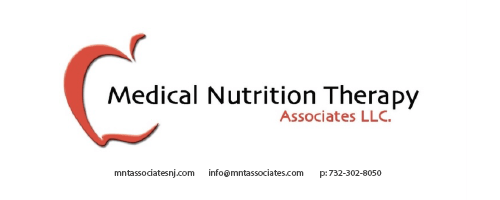

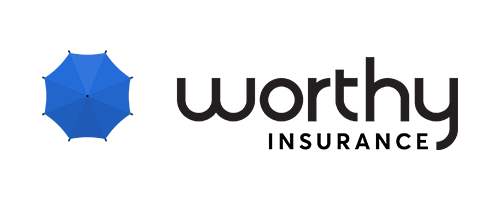



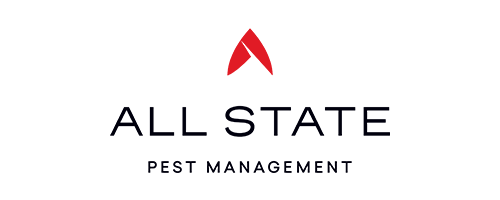
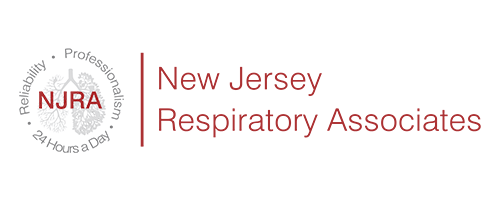
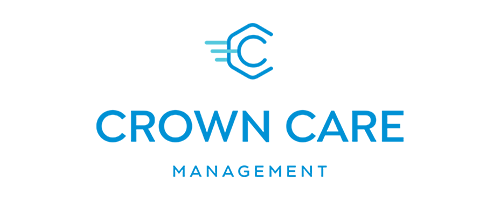





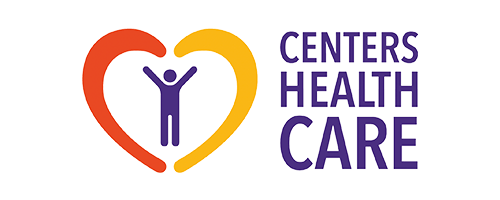

























































































































Introduction
Care transitions across settings (hospital, institutional settings, and home) are vulnerable exchange points for patients and family caregivers that contribute to higher risk of poor health outcomes. For older adults and individuals from historically marginalized communities, care transitions are even more challenging, resulting in unmet patient and caregiver needs, increased safety risks, high rates of preventable readmissions, and increased healthcare costs.
Improvement of transitional care remains a complex endeavor requiring attention to the perspectives of the multiple stakeholders engaged in care transitions and the practice of cultural humility.
Participants in this conference will hear from national and state experts regarding the current challenges involved in coordination of care across the health care continuum and ways to improve communication between health care providers during patient transitions. A focus on person-centered care during transitions between care settings today and in the future will be addressed.
Learning Objectives
-
1.Item Link List Item 1
Define how health system fragmentation and communication failures lead to poor-quality care transitions.
-
2.Item Link List Item 2
Identify outcomes of poor-quality care transitions and how these outcomes affect patients, caregivers, and the health delivery system.
-
3.Item Link List Item 3
Recognize the root causes of health inequities, including racism, ageism and social determinants of health and their impact on transitions of care for older adults and individuals from historically marginalized communities.
-
4.Item Link List Item 4
Describe features of effective transitional care and transitional care interventions.
-
5.Item Link
Identify opportunities to improve transitions of care and implement strategies based on best practices.
-
6.Item Link
Equip learners with the knowledge of core health equity concepts, empowering them to take action and confront injustice experienced during care transitions.
-
7.Item Link
Demonstrate the value of establishing clear goals of care, emphasizing the importance of both written and verbal communication across differing health care settings.
Learning Objectives
-
1.Item Link List Item 1
Define how health system fragmentation and communication failures lead to poor-quality care transitions.
-
2.Item Link List Item 2
Identify outcomes of poor-quality care transitions and how these outcomes affect patients, caregivers, and the health delivery system.
-
3.Item Link List Item 3
Recognize the root causes of health inequities, including racism, ageism and social determinants of health and their impact on transitions of care for older adults and individuals from historically marginalized communities.
-
4.Item Link List Item 4
Describe features of effective transitional care and transitional care interventions.
-
5.Item Link
Identify opportunities to improve transitions of care and implement strategies based on best practices.
-
6.Item Link
Equip learners with the knowledge of core health equity concepts, empowering them to take action and confront injustice experienced during care transitions.
-
7.Item Link
Demonstrate the value of establishing clear goals of care, emphasizing the importance of both written and verbal communication across differing health care settings.
Who Should Attend?
Physicians, physician assistants, nurses, social workers, case managers, nursing home administrators and staff, chaplains, and others interested in successfully facilitating transitions of care and improving patient outcomes.
Keynote Speakers
Opening Keynote
BJ Miller
MD
President, Mettle Health
Dr. BJ Miller is one of the pre-eminent speakers on patient-centered care, palliative and end-of-life care. Drawing on his expertise as a physician, former Executive Director of Zen Hospice Project, and as a patient, he is an advocate for a healthcare system that maximizes quality of life and that minimizes unnecessary suffering.

Opening Keynote
BJ Miller
MD
President, Mettle Health
Dr. BJ Miller is one of the pre-eminent speakers on patient-centered care, palliative and end-of-life care. Drawing on his expertise as a physician, former Executive Director of Zen Hospice Project, and as a patient, he is an advocate for a healthcare system that maximizes quality of life and that minimizes unnecessary suffering.
Lunch Keynote
Judith Perischilli
RN, BSN, MA
Commissioner of New Jersey Department of Health
Commissioner Perischilli has been alongside Gov. Murphy leading the state’s response to the COVID-19 pandemic. Along with the response to this once-in-a century health emergency, the Department of Health under her leadership works to protect and improve the health of New Jersey residents. The Department’s priorities include reducing health disparities, improving maternal health, addressing the overdose epidemic and increasing access to health care.
Plenary 1
Alice Bonner
PhD, RN, FAAN
Director of Strategic Partnerships, Center for Innovative Care in Aging
Alice Bonner has been a nurse practitioner for over 30 years. She is currently Senior Advisor for Aging at the Institute for Healthcare Improvement (IHI) and Chair of Moving Forward: Nursing Home Quality Coalition. She is also Adjunct Faculty at the Johns Hopkins University School of nursing.
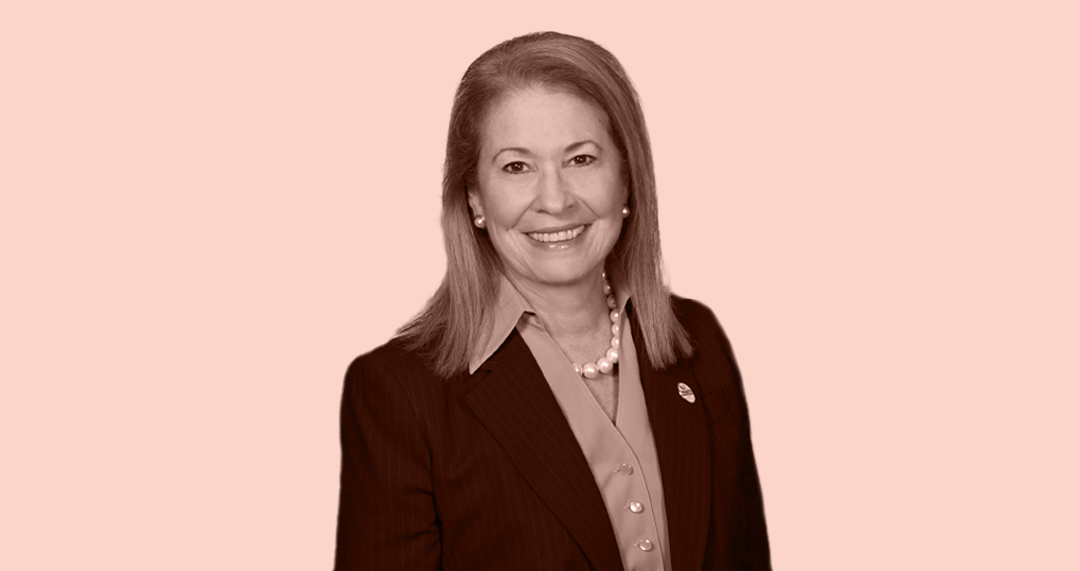
Lunch Keynote
The Honorable Judith Perischilli
RN, BSN, MA
Commissioner of New Jersey Department of Health
Commissioner Perischilli has been alongside Gov. Murphy leading the state’s response to the COVID-19 pandemic. Along with the response to this once-in-a century health emergency, the Department of Health under her leadership works to protect and improve the health of New Jersey residents. The Department’s priorities include reducing health disparities, improving maternal health, addressing the overdose epidemic and increasing access to health care.
Plenary 2
David Barile
MD
Founder and Medical Director, Goals of Care Coalition of New Jersey
David Barile, MD, is the Founder and Medical Director of the Goals of Care Coalition of New Jersey, a non-profit entity devoted to improving end of life care for residents of New Jersey. In addition to his roll with Goals of Care, he is chief of the Section of Geriatric Medicine and Medical Director of the Acute Cart for the Elderly (ACE) unit at the Penn Medicine in Princeton.
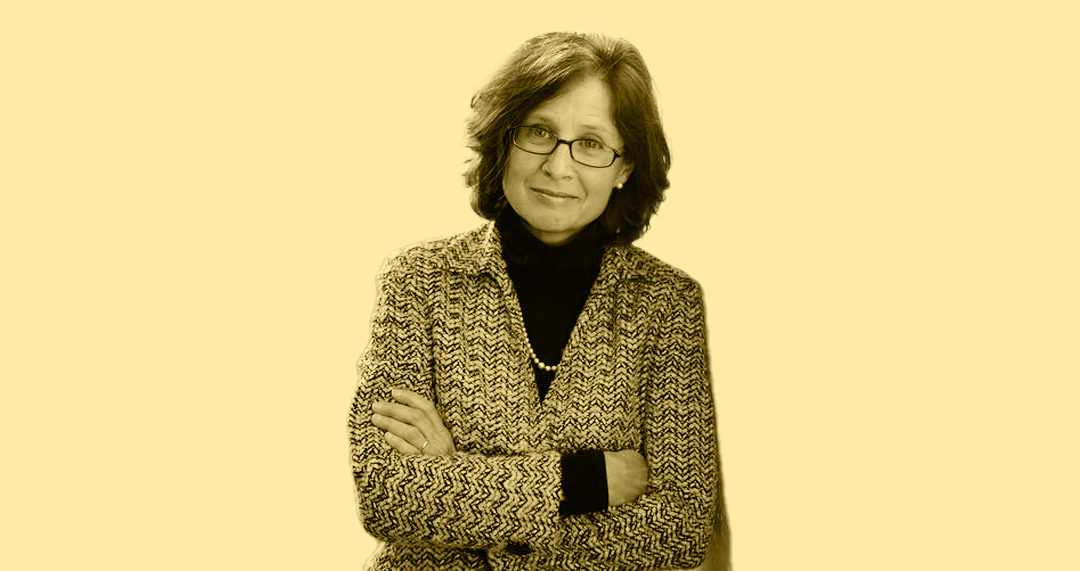
Plenary 1
Alice Bonner
PhD, RN, FAAN
Director of Strategic Partnerships, Center for Innovative Care in Aging
Alice Bonner has been a nurse practitioner for over 30 years. She is currently Senior Advisor for Aging at the Institute for Healthcare Improvement (IHI) and Chair of Moving Forward: Nursing Home Quality Coalition. She is also Adjunct Faculty at the Johns Hopkins University School of nursing.
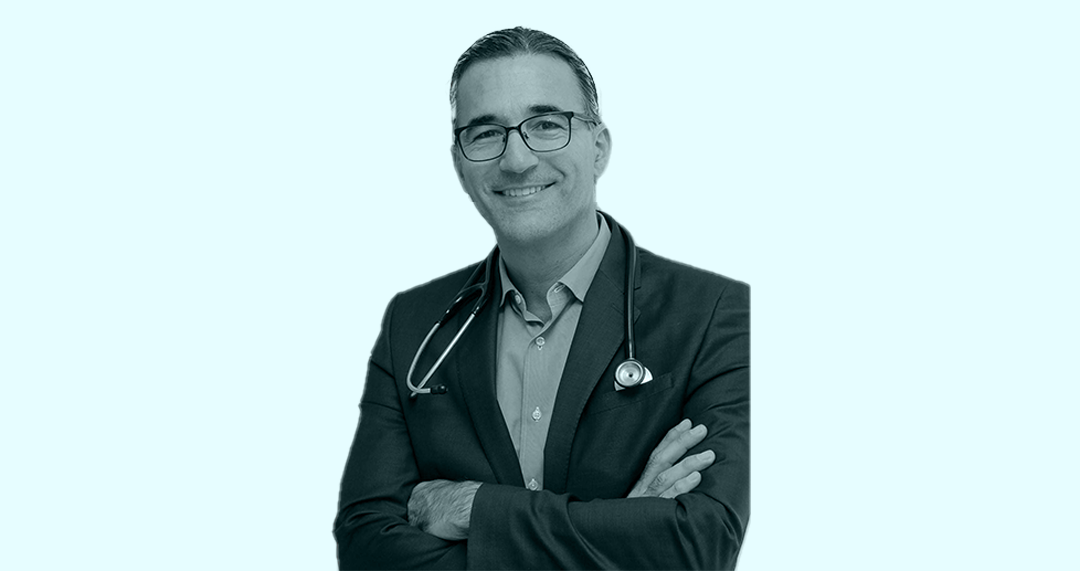
Plenary 2
David Barile
MD
Founder and Medical Director, Goals of Care Coalition of New Jersey
David Barile, MD, is the Founder and Medical Director of the Goals of Care Coalition of New Jersey, a non-profit entity devoted to improving end of life care for residents of New Jersey. In addition to his roll with Goals of Care, he is chief of the Section of Geriatric Medicine and Medical Director of the Acute Cart for the Elderly (ACE) unit at the Penn Medicine in Princeton.
Plenary 3
Trish D'Antonio
BSPharm, MS, MBA, BCGP
Vice President, Policy & Professional Affairs, Gerontological Society of America; Executive Director, National Center to Reframe Aging
Trish is responsible for managing the Gerontological Society’s relationships with organizations in the aging arena, leading major Society programs & projects, and developing a strategy for future growth of the National Academy on an Aging Society. She is also the executive director for the National Center to Reframe Aging, a social change endeavor designed to improve the public’s understanding of what aging means and the many ways older people contribute to society.

Plenary 3
Trish D'Antonio
BSPharm, MS, MBA, BCGP
Vice President, Policy & Professional Affairs, Gerontological Society of America; Executive Director, National Center to Reframe Aging
Trish is responsible for managing the Gerontological Society’s relationships with organizations in the aging arena, leading major Society programs & projects, and developing a strategy for future growth of the National Academy on an Aging Society. She is also the executive director for the National Center to Reframe Aging, a social change endeavor designed to improve the public’s understanding of what aging means and the many ways older people contribute to society.
Accreditation and Credit Designation
In support of improving patient care, this activity has been planned and implemented by American Academy of CME, Inc. and Goals of Care Coalition of New Jersey. American Academy of CME, Inc. is Jointly accredited by the Accreditation Council for Continuing Medical Education (ACCME), the Accreditation Council for Pharmacy Education (ACPE), and the American Nurses Credentialing Center (ANCC), to provide continuing education for the healthcare team.
List of Services
-
Continuing Nursing Education Credits (CNE)Item Link List Item 1
New Jersey State Nurses Association Accreditation Statement:
HRETNJ is an approved provider of continuing nursing education by the New Jersey State Nurses Association, an accredited provider by the American Nurses Credentialing Center’s Commission on Accreditation.
Provisional Provider Number P-131-3/2022.
This activity awards 6.0 nursing contact hours.
-
Continuing Medical Education Credits (CME)Item Link List Item 2
MSNJ Accreditation Statement:
HRET is accredited by the Medical Society of New Jersey to provide continuing medical education for physicians.
HRET designates this online module for a maximum of 6.0 AMA PRA Category 1 Credit(s)™. Physicians should claim only the credit commensurate with the extent of their participation in the activity.
-
LNHA / CALA CreditsItem Link List Item 3
Nursing Home Administrators Licensing Board Statement:
This continuing education program is sponsored/conducted by the Health Research and Educational Trust of New Jersey (HRETNJ) and is in compliance with N.J.A.C. 8:34-7.3 to provide licensed nursing home administrator (LNHA) and certified assisted living administrator (CALA) education credits accepted by the Nursing Home Administrators Licensing Board.
This education activity may only be used for continuing education credit and not to meet academic college credits.
This education activity has been approved for a total of 6.0 LNHA/CALA continuing education credits.
-
Social Work CreditsItem Link
A certificate of attendance is available for this conference.
Academic Co-Sponsors
Corporate Sponsors
Location
Bell Works
101 Crawfords Corner Rd, Holmdel, NJ 07733
Need Help?
Frequently Asked Questions
-
Who can I contact with any questions?
If you have any questions for the team, please reach out to mindthegap@completecaremgmt.com.
-
Is there an event app to use?
Yes! We partnered with Whova, a best-in-class event application. On Whova, you can create your own agenda, network with other attendees, and view important event information. To download Whova, please select your phone below:
© 2022 Complete Care Management. All Rights Reserved.

